RSA’s Catalyst Awards are now in their eighth year. In that time, we’ve distributed £716k to 191 projects, and now we’re proud to announce a further 10 social innovation projects that received Catalyst funding as part of our second funding round for 2021.
We award £100,000 annually through our Catalyst Awards, supporting our Fellows to test needed social change innovations and scale the social impact of their projects.
Since the beginning of the pandemic, we’ve seen an increase in the demand for funding as social challenges have intensified, as well as a shift in the funding landscape. For us, that has meant a greater number of applications, as our Fellowship mobilises to respond to multiple crises.
For our second funding round of 2021, we received 83 applications and awarded 10 Catalyst grants. Five of these were scaling grants – sums of £10,000 helping scale innovative projects that have already had a demonstrable impact – and the other five were seed grants – awards totalling £2,000 designed to support the testing of new ideas.
Given the increased demand for funding, we are putting more effort than ever into clear and transparent funding priorities and assessment criteria for Catalyst.
We’re excited to announce 2021’s second round cohort of funded Catalyst projects. Read about their work and hear how the grants will benefit their innovations, firstly the seed fund winners followed by those who received the scaling grants:
Catalyst Awards seed grant winner
Art School+
Art School+ is a service which connects early-career and underserved artists with unique paid commissions. Central to its mission is the support offered to both artists and organisations with bespoke training and expert advice before, during and after the commissioning process.
“We are so grateful to the RSA for seed funding to help test and iterate Art School+. Through your backing, we have been able to talk to more people, run pilots and experiment to ensure we have a solid proof of concept.” - Ella Snell, Project Lead
Dadima’s Walk & Talk Sunday
Dadima’s Walk & Talk Sunday seeks to promote the benefits of nature walks and talks, for good physical and mental wellbeing. They aim to change the narrative of the countryside, by shining a light on Black and Asian communities, who are highlighted in research as being under-represented in accessing National Parks and green spaces. This project promotes regular movement and engagement with nature with talks on subjects such as wildlife conservation, biodiversity, and climate change.
"At Dadima’s (Hindi for grandmother), we promote a love for and connection with nature, through intergenerational community bonds. When we respect, protect and connect with nature, we are more likely to thrive across all areas of our modern-day lives, and leave a beautiful legacy for future generations to enjoy. The grant will help us better understand our walking community and aid the development of additional walking groups going forward." - Subash Ludhra, Project Lead
Imagination Agents

Imagination Agents aim to support young peoples’ imaginations and through this, their sense of agency within their present and future environments. The project focuses artistically on a need to address environmental degradation in Glasgow, and in the process facilitate the development of sustainable, cognitive capacities - imagination, metacognition (learning to learn) and agency - in participants.
“We hope this project will help us understand how to use art experiences to enable young people to be ‘Imagination Agents’ who see themselves as capable of making social change. In the short-term, the grant will support young people in Glasgow to make artistic interventions in their community and catalyse dialogue about environmental regeneration.” - Helen Burns, Project Lead
Skills in Mindful Innovative Learning Environments (SMILE)
SMILE builds resilience training skills through mindfulness for students, newly qualified teachers and their supervisors by providing online sessions in guided meditations, mindful movement and co-creating a space for mindful communication to take place.
“Compassion is an integral component in the educational workplace and SMILE hopes to build resilient and mindful communities to enhance the working environment of those entering the profession.” - Shirley Gonsalves, Project Leader
Women in Peace Processes
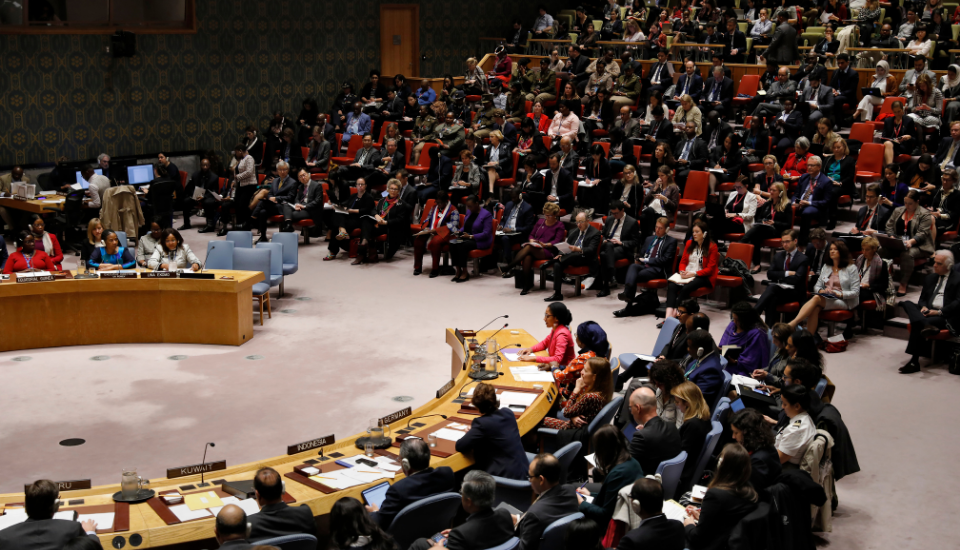
Women in Peace Processes is developing a curriculum for a global-south led training program for women covering the UN’s Women, Peace, and Security Agenda as well as mediation skills, toward enabling them to not only find a seat at the table but to be engaged meaningfully in the processes while at the table.
“This grant allows us to help build a future where women are not only made part of peace processes but are centred in peacemaking and peacebuilding. We're here to make our tables longer, not our fences higher.” - Kirthi Jayakumar, Project Lead
Catalyst Awards scaling grant winners
Dazzling Data
Dazzling Data provides training and the loan of cutting-edge equipment so participants can automatically collect remote measurements and analyse them to discover the power of data. With air quality monitoring as a case study, participants create dashboards and analyses to display the air quality data they collect in their communities. The project also explores the discovery of trends and how data can inform decision-making as well as considering AI, the Internet of Things and ethics.
“We want to give everyone the skills and understanding of how they can benefit from data, be it in their employment or in a society where data-driven decision-making can inform anything from healthcare and environmental concerns to the conservation of endangered species.” - Andrew Robinson, Project Lead
Fairbnb
Fairbnb is like Airbnb but for homeless families. Based primarily in London, they work with councils to find accommodation for homeless families, normally for short stays through difficult times. They recruit host families with rooms or self-contained accommodation and pay them a nightly fee, keeping families local and providing them with a more human experience.
“This RSA grant will help us sign contracts with London councils, identify local hosts, and change the experience of homelessness for many Londoners. The Homes for Ukrainians scheme shows how willing people are to help those in need. Our model is a streamlined version of this.” - Nicholas Pecorelli, Project Lead
Music Medicine: The Healing Power of Music
To address the mental health pandemic that has followed the effects of Covid, Music Medicine is running a training project for music practitioners and primary school teachers in the South-West. This will involve a one-year pilot programme evidencing the impact of X-System (the first technology to accurately predict the effect of music on humans co-invented by Emeritus Professor of Music, Nigel Osborne) on wellbeing and health through music. They are also aiming to produce a web platform that explains the uses of music to tackle the current mental health pandemic, particularly in primary schools and NHS wellbeing centres of practice.
“We see the wellbeing benefits of the arts and culture on a spectrum from experience, through participation, to tailored interventions. An X-System music service could represent a bridge between experience and tailored interventions, enabling the wellbeing benefit of music to be experienced at scale.” - James Sanderson, Director NHS Improvement and CEO of the National Academy for Social Prescribing
Speech Bubbles in rural and semi-rural areas
Speech Bubbles is an award-winning drama intervention that supports children in KS1 to develop confidence, communication, and creativity.
Speech Bubbles is collaborating with the Royal Opera House Bridge to test a version of their programme in rural Essex that can then be rolled out to work in small schools in rural and semi-rural regions.
“This funding will allow us to develop a model of working that will enable children outside of the urban hubs to take part in this award-winning creative intervention to support their communication and confidence.” - Adam Annand, Project Lead
The Tour Guiding Academy
The Tour Guiding Academy for women is seeking to address the loss of employment experienced by women in tourism and the ensuing experience of vulnerability, poor mental health, and borderline poverty. They are creating a tailored but sustainable path to entry, or re-entry, into the sector; an academy that will provide women with work that helps them flourish, nurtures their sense of identity by shining a light on their communities and ultimately provides paid employment.
“We know that women face multiple barriers when seeking to enter the job market, including expensive (child)care. Flexibility and work-life balance are critical to enabling work, and this is exactly why we are using our RSA grant to create a tour guide academy that enables women to tell their story and take control of their lives while generating income.” - Alessandra Alonso, Project Lead
Congratulations to all these exceptional projects, we’re very excited to see how they progress in the future with the support of Catalyst funding. The Catalyst Awards plan to open again for applications in Autumn 2022. If you have a great idea for social innovation and are interested in applying to the Catalyst Awards, visit The Catalyst Awards page to find out more about the criteria.
Related articles
-
Catalyst Awards
Grants and support for social innovations from our Fellowship
-
Catalyst Awards FAQs
Discover information about eligibility, our assessment process and more.
-
Fellowship
RSA Fellows are committed to inspiring better ways of thinking, acting and delivering social change.
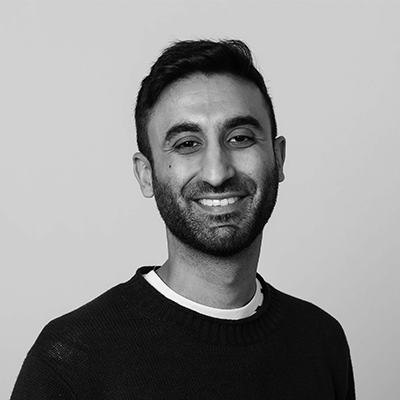
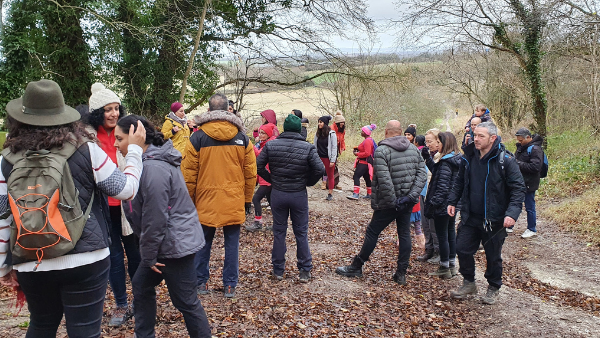
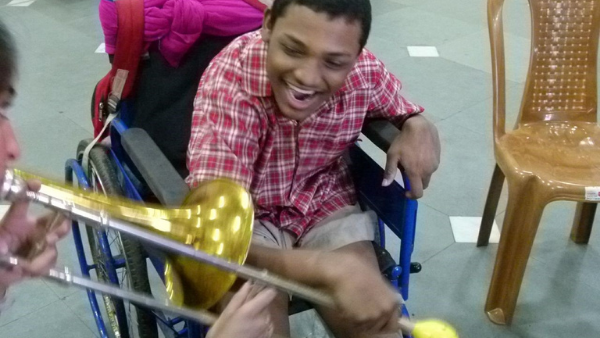
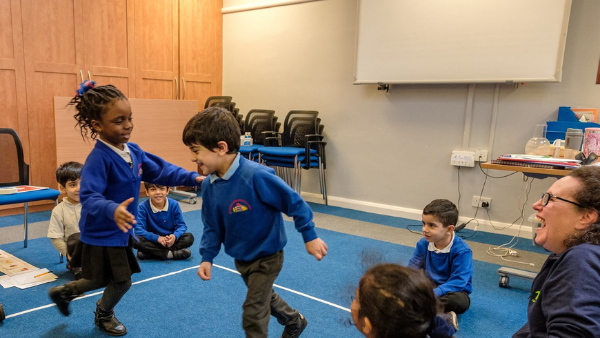
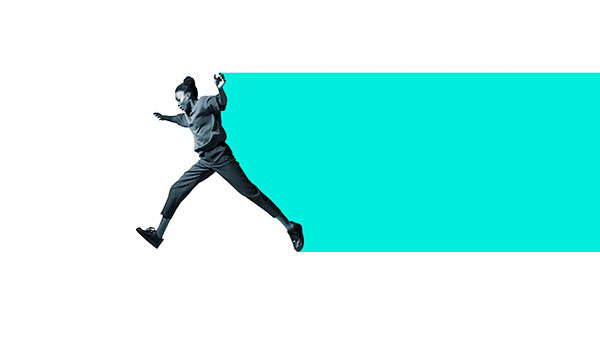
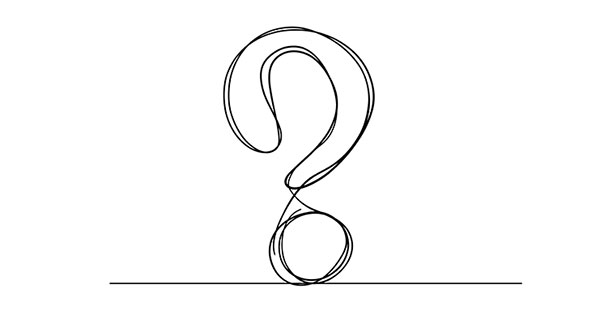

Be the first to write a comment
Comments
Please login to post a comment or reply
Don't have an account? Click here to register.